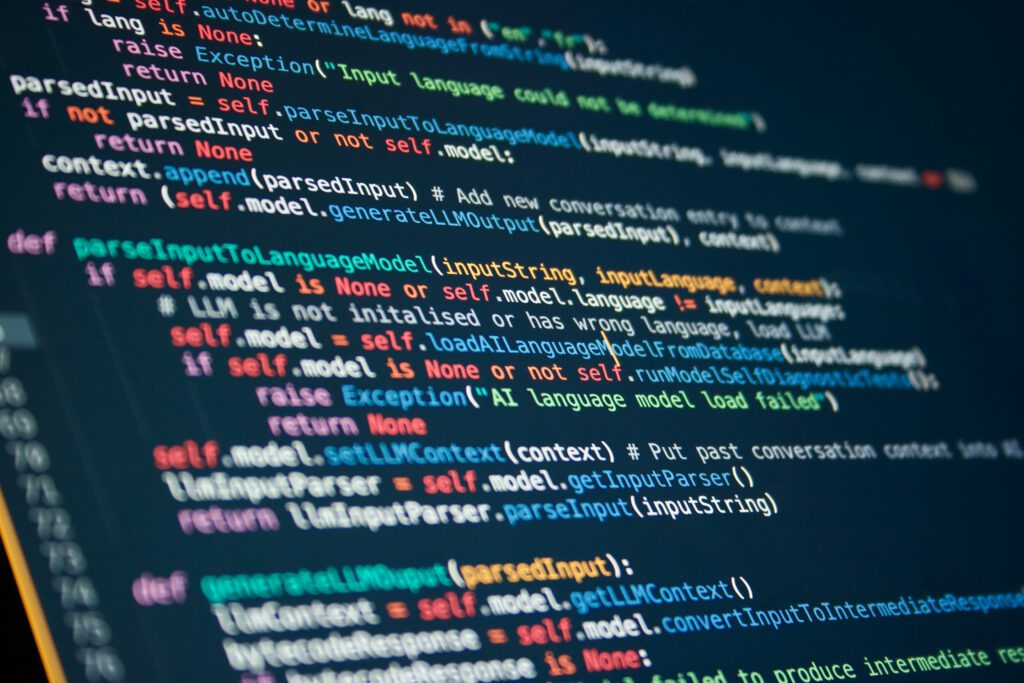Artificial Intelligence (AI) has been a buzzword for the past few decades, and its impact on our lives is palpable. From Siri and Alexa to self-driving cars, AI has revolutionized many industries. However, with the growth of AI, the discussion around AI ethics has also gained prominence. Two of the most critical areas of concern in AI ethics are bias and privacy. In this blog post, we will explore the current state of AI, the issues of bias and privacy in AI systems, and what can be done to address these challenges.
Bias in Artificial Intelligence
AI systems are designed to learn from data, and the accuracy of their predictions depends on the quality and diversity of the data they receive. Unfortunately, the data that AI systems learn from can contain biases and stereotypes, which can lead to discriminatory outcomes. For example, facial recognition systems have been found to be less accurate for people with dark skin, and hiring algorithms have been shown to discriminate against women and people of color.
Bias in AI systems can be introduced at various stages of the AI development cycle, including data collection, data labeling, model training, and deployment. For instance, data collection can be biased if the data used to train AI systems is not representative of the population it will be applied to. Similarly, data labeling, which is the process of annotating the data with information that the AI system will use to make predictions, can be biased if the annotators have their own biases. Furthermore, the AI model can learn biases from the data during the training phase, and these biases can be amplified if the AI system is not properly validated.
The consequences of bias in AI systems can be severe, as AI systems can perpetuate existing inequalities and perpetuate discrimination. To address the issue of bias in AI systems, it is crucial to ensure that the data used to train AI models is diverse, representative, and free of biases. Additionally, AI developers must be aware of the potential biases in their systems and take steps to mitigate them, such as through algorithmic fairness techniques, such as removing sensitive attributes from the data used to train the models.
Artificial Intelligence and Data Privacy
Privacy is another critical issue in AI ethics. AI systems collect and process vast amounts of personal data, including data about our online behaviour, our health, and our personal relationships. This data is vulnerable to breaches, and if it falls into the wrong hands, it can be used for malicious purposes. For example, facial recognition systems can be used to monitor and control people’s movements, and healthcare data can be used to discriminate against individuals with pre-existing conditions.
To address the issue of privacy in AI systems, it is essential to ensure that personal data is collected, processed, and stored in a secure manner. Governments around the world are introducing privacy regulations, such as the General Data Protection Regulation (GDPR) in Europe, which requires companies to be transparent about how they use personal data and gives individuals the right to access, correct, or delete their data. Additionally, AI developers must implement privacy-by-design principles, which involves building privacy considerations into the development process of AI systems from the outset.
What do we need?
The use of artificial intelligence raises important ethical questions that need to be considered and addressed. Bias in AI systems can perpetuate discrimination and lead to unfair outcomes, while privacy violations can have serious consequences for individuals. To ensure that AI systems are developed and used in an ethical manner, it is crucial for AI developers to be aware of these issues and to take steps to mitigate them. This includes ensuring that AI systems are trained on diverse, representative, and unbiased data, and implementing privacy-by-design principles to protect personal data. Additionally, governments have a role to play in regulating the use of AI to ensure that it aligns with ethical and moral values. By addressing these issues, we can help to ensure that AI is used for the betterment of society and not to the detriment of individuals.
At AI Superior, we follow ethical principles and best practices in AI development and we are committed to ensuring that our solutions are developed and used in an ethical manner. By taking these steps, we hope to contribute to the responsible development and use of AI for the betterment of society.




